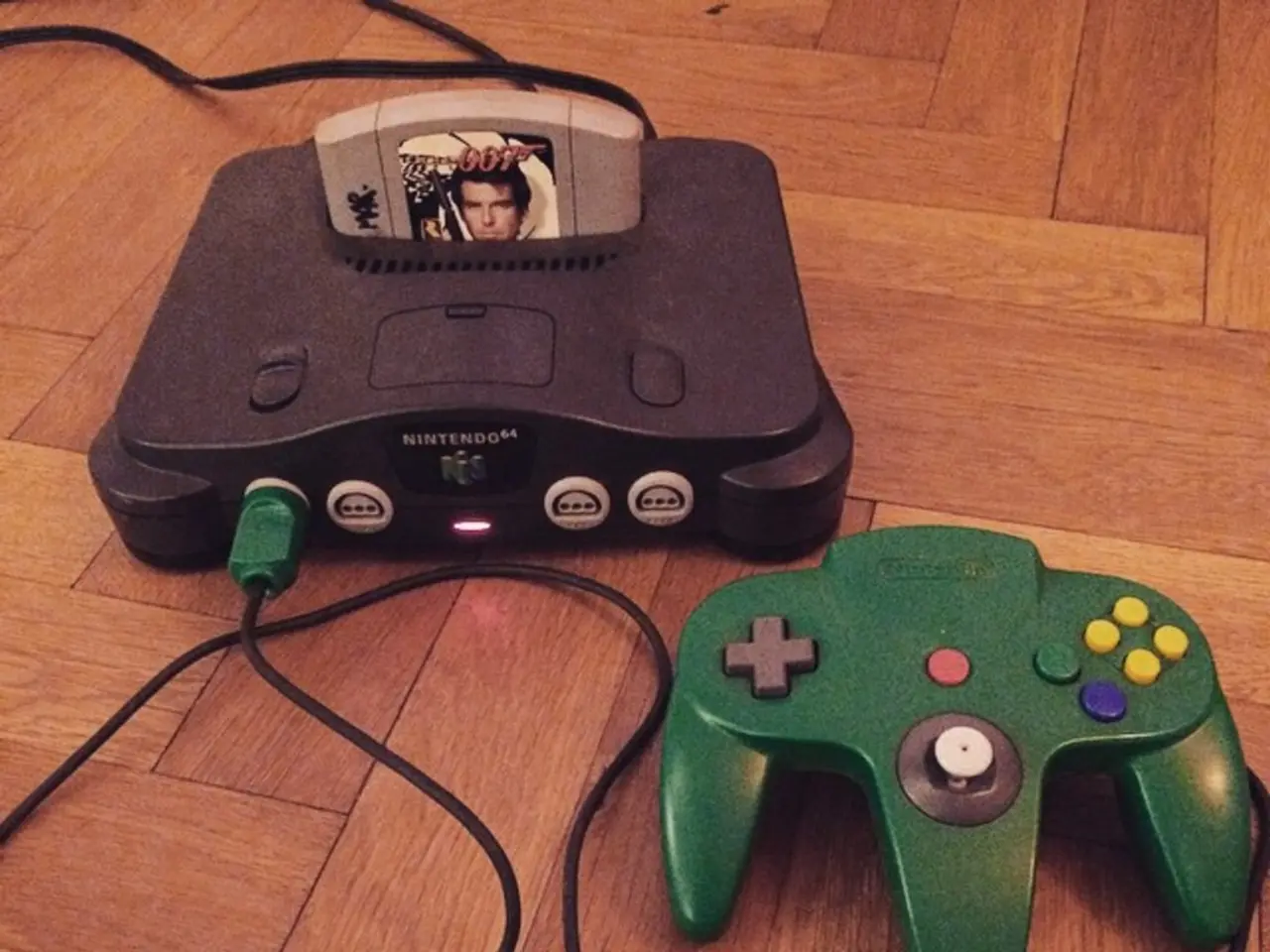Evolution of Internet-Based Slot Machines
In the late 19th century, the modern slot machine was born, with Charles August Fey's invention of the Liberty Bell in 1899. This mechanical marvel, operated by a lever and featuring physical reels, marked the beginning of a fascinating journey for slot machines [1]. Early slot machines, such as the one introduced by Herbert Mills in 1907, were entirely mechanical, with their payout mechanisms relying on intricate gears and levers [3].
As the 20th century progressed, technology started to play a more significant role in the slot machine world. The introduction of electronics led to the advent of electronic slot machines, or video Slots, which gradually replaced their mechanical counterparts. Video Slots, with their digital reels displayed on video screens, offered a more versatile platform for developers, allowing for the addition of new features and gameplay mechanics [2].
The shift from mechanical to digital was a gradual process, with the physical lever persisting for a while due to players' familiarity with the older designs. However, by the 1990s, most slot machines in land-based casinos had transitioned to video Slots [6]. This transition was facilitated by the growing robustness of online casino platforms, which became more established by the early 2000s, enabling experimentation with new designs [7].
The move to online platforms was a game-changer for slot machines. Despite home computer graphics being less advanced than land-based casino cabinets, slot games were among the first casino games to make the leap to the digital world [8]. This digital migration brought about a revolution in accessibility and player engagement, making slot machines available to a global audience [4][5].
Online platforms enabled more intricate graphics, themes, and bonus rounds, far exceeding the capabilities of mechanical machines [4][5]. As a result, the popularity and revenue of slot gaming soared, creating a thriving global market and fostering new forms of social and interactive gambling experiences [4][5].
By the 2010s, the evolution of online Slots had led to a vast array of themes and designs for players to explore. With thousands of different online slot games available, there was something for everyone [9]. In some cases, slot games even got their own dedicated apps for mobile play, further expanding their reach [10].
The rise of mobile platforms in the 2010s encouraged online casinos to optimize their sites for access on smartphones or tablets, making gaming more convenient than ever before [10]. Today, the slot machine landscape is unrecognisable from its mechanical roots, having evolved into a diverse and dynamic industry that continues to push the boundaries of technology and entertainment.
Technology increasingly influenced the slot machine industry as the 20th century progressed, leading to the creation of electronic slot machines, or video Slots. These digital alternatives, with their versatile digital reels displayed on video screens, offered developers the opportunity to innovate, introducing new features and gameplay mechanics.
As online casino platforms became more established in the early 2000s, the shift from mechanical to digital slot machines accelerated, paving the way for a global audience to accessSlot-games-casino-gambling, slots from their homes.




